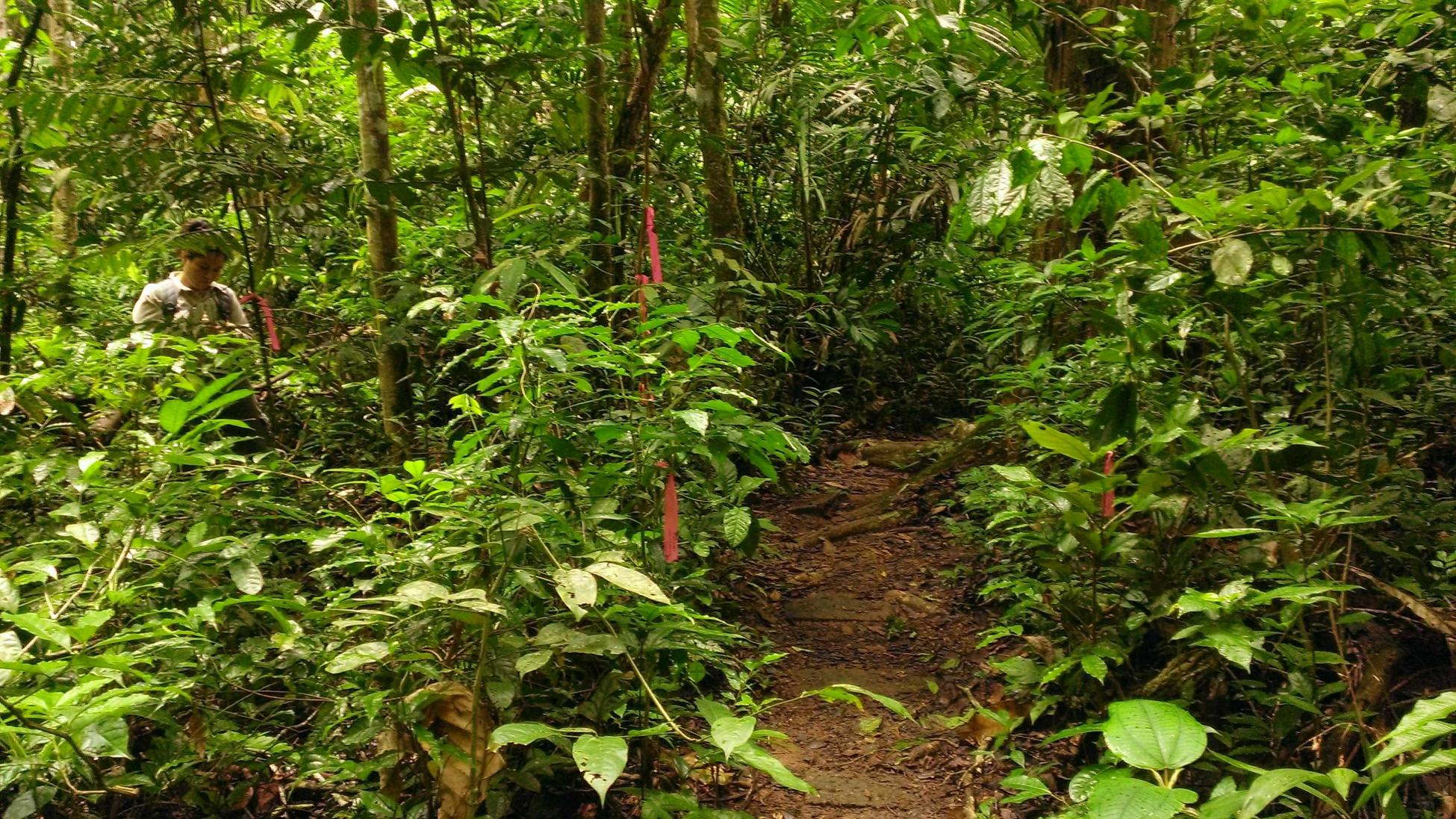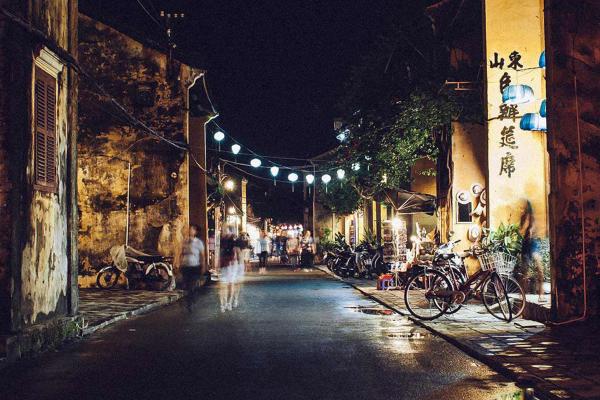After one week of both practicing Spanish with native French, Spanish, Portuguese, English and Dutch speakers and teaching others in our group some key basics, here are 10 vocabulary words or phrases that I have found useful.
Remember that the pronunciation of all words in Spanish is consistent with the vowels ah-eh-ee-oh-ooh:
1) The sign to follow once you arrive in the airport: Aduana
Aduana is customs, where my passport was stamped after an interrogation about my intentions, my luggage was sent through an X-ray machine and prodded and where I saw at least 12Panama hats while waiting in the hour-long line for foreigners. If you miss the signs, ask: “¿Dónde está la aduana?” because that would be where you would need to go if you would ever like to leave the airport.
2) To use with everyone you see: Bueno
An equivalent of hello, bueno is an abbreviation of good morning, good afternoon and good evening and employing its use can make you sound as if you are in the know.
3) To be polite: Gracias
The standard “thank you” is a must in any language. When in doubt, use it. Also, while we are on the topic of manners, por favor is please, de nada is you are welcome and salud is bless you, used after a sneeze.
4) What we are doing in Panama: Investigar
To research, is what the verb investigar means and it describes what I am doing quite well. Also, the STRI name in Spanish, according to various banners decorating Barro Colorado facilities, is El Instituto de Investigaciones Tropicales Smithsonian. As this word is not a direct cognate (a word that is very similar in two different languages) of research, it is useful to learn to avoid confusion.
5) To express yourself at the end of a long day: Tengo hambre
Tengo hambre roughly translates to “I am hungry,” which is something everyone can agree on by the end of a research project shift spent trekking for miles across Barro Colorado, like I do, or preparing fish and waiting for hours until a bat eats it, like Tawni does. Making this statement is so unnecessary that it might draw a laugh.
6) To describe your stomping ground while in Panama: Quedarse
Quedarse is the verb to use to explain where you are staying. “Me quedo in Gamboa” is what I say to tell others I am staying in Gamboa, and others tell me they are at Ancon, BCI or Gamboa as well.
7) To claim your nationality (students from the United States only): Estadounidense
A typical misnomer for a citizen of the United States is to say that he is an Americano. The problem with using this label is that it is not very descriptive because everyone living from Nunavut in Canada to Tierra del Fuego in Argentina is in the Americas. Estadounidense is a more descriptive way of saying you are from the United States.
8) To use when you spot a tree full of bullet ants: Ten cuidado
Finding bullet ants or other harmful animals in the grass or forest happens, and so can any number of other dangerous things when you are traveling in a foreign country. Advise others to be careful or to use caution by telling them ten cuidado. Likewise, keep an ear out for this warning phrase to protect yourself.
9) What the announcers yell when a soccer player scores: Gol
You have definitely heard this one before. We hear it a lot here, especially because the World Cup started. I might not notice this global phenomenon if I were back at home, but in Panama the Cup is all the rage, evident in McDonald’s menu specials, department store window merchandise and seemingly spontaneous cheers and parades in the mall. With the surrounding screens, especially in the city, this word, laced with passion, is hard to miss.
10) To use when you get off the bus: Chau
Chau means goodbye, and using it, like with Bueno, shows others that you are not a weekend tourist. There are other ways to say goodbye also, but most of the locals tend toward this one.
Add this article to your reading list




